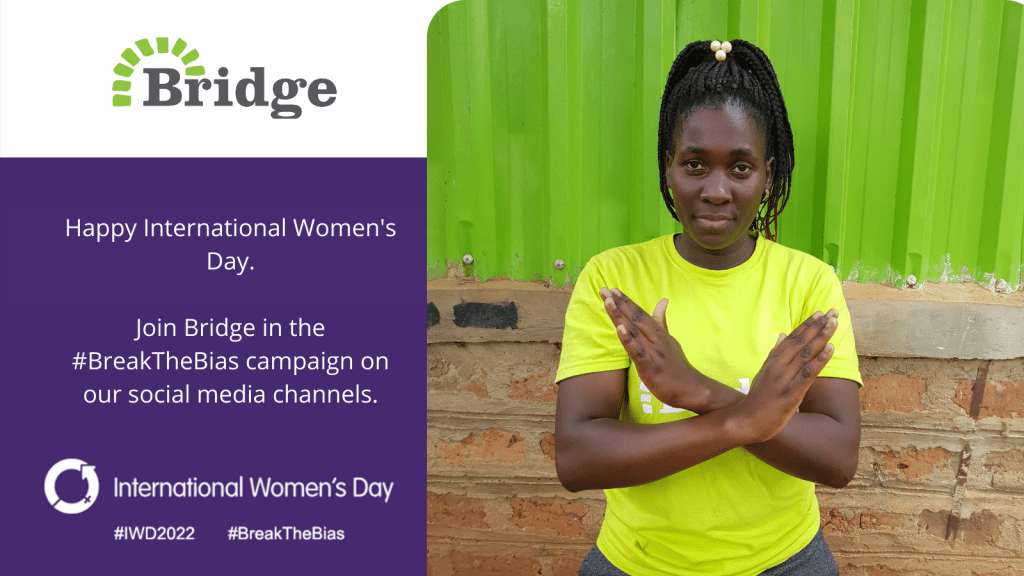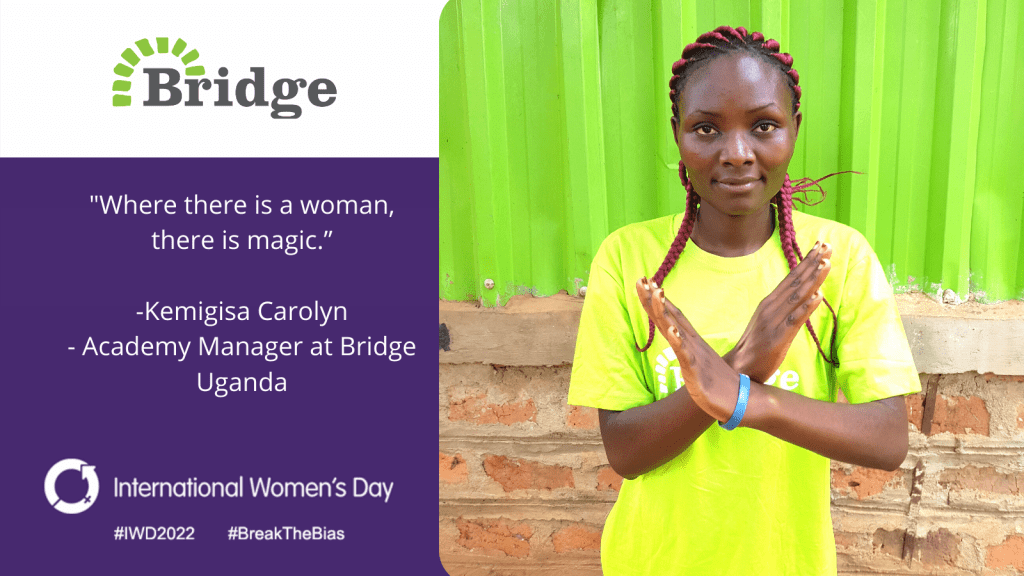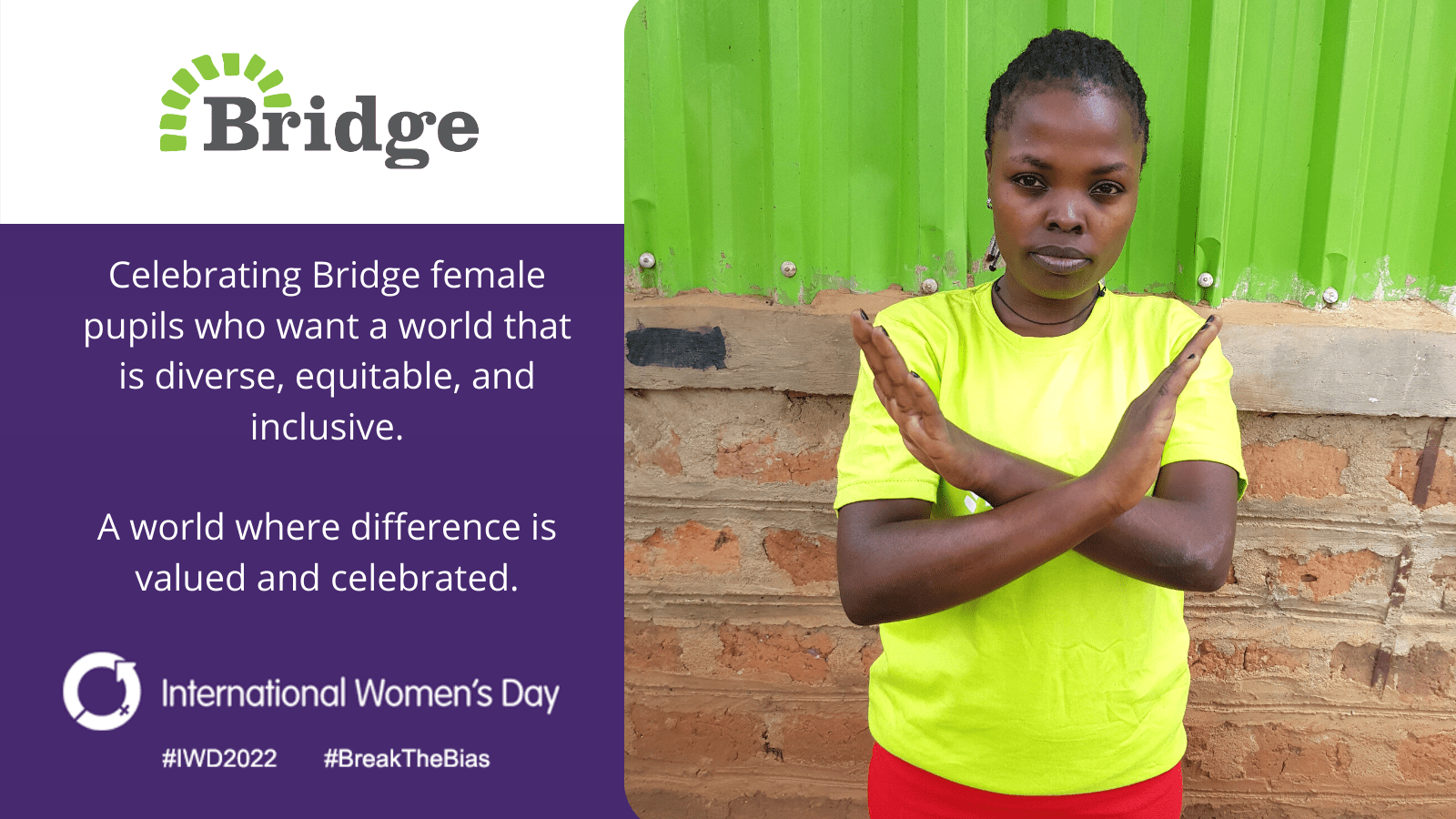Empowering Ugandan girls to break the gender bias
Today the world marks the International Women’s Day. In this day, people from all walks of life are called to celebrate women’s achievement, raise awareness against bias, and take action for equality.
Women and girls, everywhere, must have equal rights and opportunity, and be able to live free of violence and discrimination. Women’s equality and empowerment is integral to all dimensions of inclusive and sustainable development.

As we celebrate this year’s International Women’s Day, gender equality requires urgent action to eliminate the many root causes of discrimination that still curtail women and girls’ rights.
Uganda continues to face gender inequality in access to education, economic empowerment and economic outcomes. The Covid-19 pandemic expanded gender gaps in access to education, with many girls dropping out of school due to early marriages and teenage pregnancies.
UNESCO’s Education 2030 agenda recognizes that gender equality requires an approach that ensures girls and women not only gain access to and complete education cycles, but are empowered equally in and through education.
Bridge Schools Uganda support a life-changing education for children in underserved communities. The organization puts children, their families, communities, and their countries on a better development path.

The institution believes that education is one of the most effective ways to end the cycle of poverty, by enabling growth and prosperity. Education reduces conflict, enhances stability and strengthens communities.
Bridge pupils have consistently performed well in the national primary leaving examination (PLE), giving them the opportunity to go to good secondary schools in the country. Girls from Bridge Schools Uganda have always overturned the national trend and outperformed the boys. In the 2020 PLE, Bridge had more girls than boys achieving marks in the sought-after division 1 and 2 categories.
Recent actions against gender inequality show that we are moving in the right direction, to a world free of bias, stereotypes and discrimination.
Over the last few years, Uganda has passed legislations designed to protect women and girls’ rights. These laws make it more likely for women and girls to have the physical health and wellbeing to hold jobs and begin to address the social barriers to women’s economic participation.
The government of Uganda has been vocal in protecting the rights of women and girls in accessing education. To ensure that girls do not drop out of schools due to Covid-19 effects, the government issued a directive to allow pregnant and breastfeeding learners in the classroom.

The Ministry of Education and Sports published the “Revised guidelines for the prevention and management of teenage pregnancy in schools”, which among other things, directed all schools to prioritise the admission of pregnant and breastfeeding girls. The guidelines also provided directions to schools on how to tackle stigma, discrimination, and violence against learners who are pregnant or are parents.
According to the World Bank, gender equality is not just a women’s issue, it is a development issue. Women and girls’ empowerment is essential for economic development, growth, and poverty reduction not only because of the income it generates, but also because it helps to break the vicious cycle of poverty. Educating girls and women is critical to economic development.
Girls’ education is about more than getting girls into school. We must ensure that girls feel safe and learn while in school, complete all levels of education with the skills and competencies to secure jobs, make decisions about their own lives, and contribute to the wellbeing their communities.
This is the surest way to forge women and girl’s equality, and create a world that’s diverse, equitable, and inclusive. Collectively we can all break the bias.

